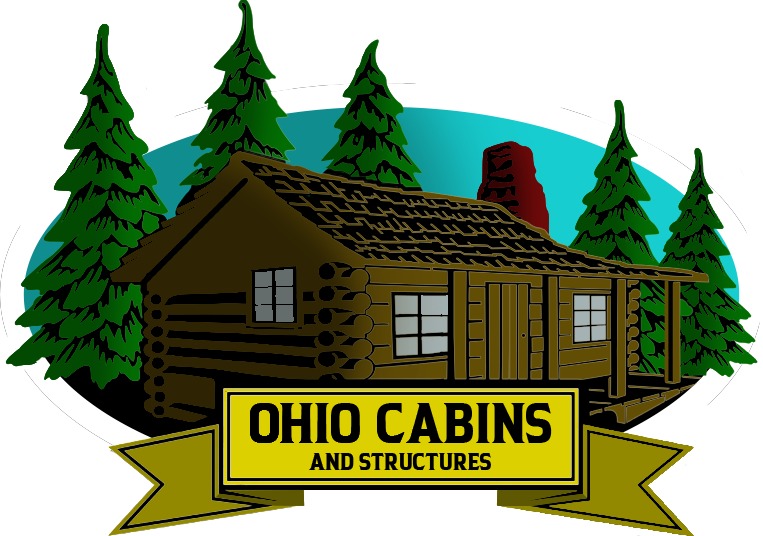The tiny home movement has inspired thousands of people to rethink what they need in a living space. As housing prices continue to rise, more families and individuals are drawn to the promise of financial freedom and simpler living. But a key question remains for anyone considering this lifestyle: are tiny homes worth it? Like any major decision, the answer depends on your goals, budget, and long-term plans. Understanding the benefits and challenges will help you decide whether a tiny home makes sense for your life.
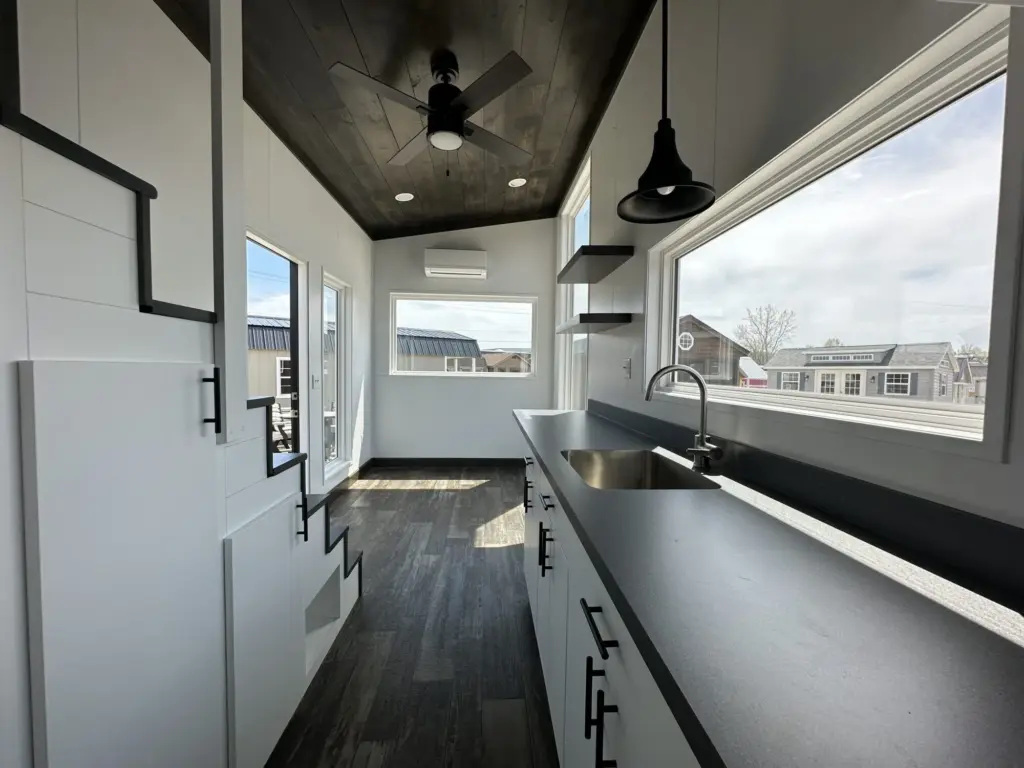
The Appeal of Tiny Home Living
People often turn to tiny homes for financial relief and independence. The average tiny house costs significantly less than a traditional home, both to build and maintain. Living in a smaller space also encourages a more sustainable lifestyle, reducing energy consumption and overall environmental impact. Many owners enjoy the freedom that comes with lower utility bills and minimal debt. For some, tiny living means more travel, less clutter, and a stronger connection to nature. It represents a lifestyle shift toward purpose and simplicity rather than square footage.
Financial Savings
One of the biggest reasons people invest in tiny homes is affordability. Traditional homes often come with large mortgages, insurance costs, and property taxes. Tiny homes can eliminate or reduce many of these expenses. Depending on design and materials, most tiny homes cost between $30,000 and $80,000 to build. Even high-end models rarely exceed $150,000, which is far below the average price of a conventional house. Maintenance costs are also minimal, and smaller square footage means lower energy bills. While a tiny home may not appreciate like traditional real estate, the savings from lower monthly expenses often make the trade-off worthwhile.
Customization and Design Flexibility
Tiny homes can be designed to fit individual needs and preferences. Whether you want a rustic cabin feel or a sleek modern layout, customization options are nearly endless. Many builders specialize in maximizing every inch of space through smart storage, multi-purpose furniture, and creative layouts. Some homeowners choose to build their own, while others work with companies that design and deliver ready-to-live units. A well-designed tiny home can feel surprisingly spacious and efficient despite its small footprint, proving that comfort doesn’t depend on size alone.
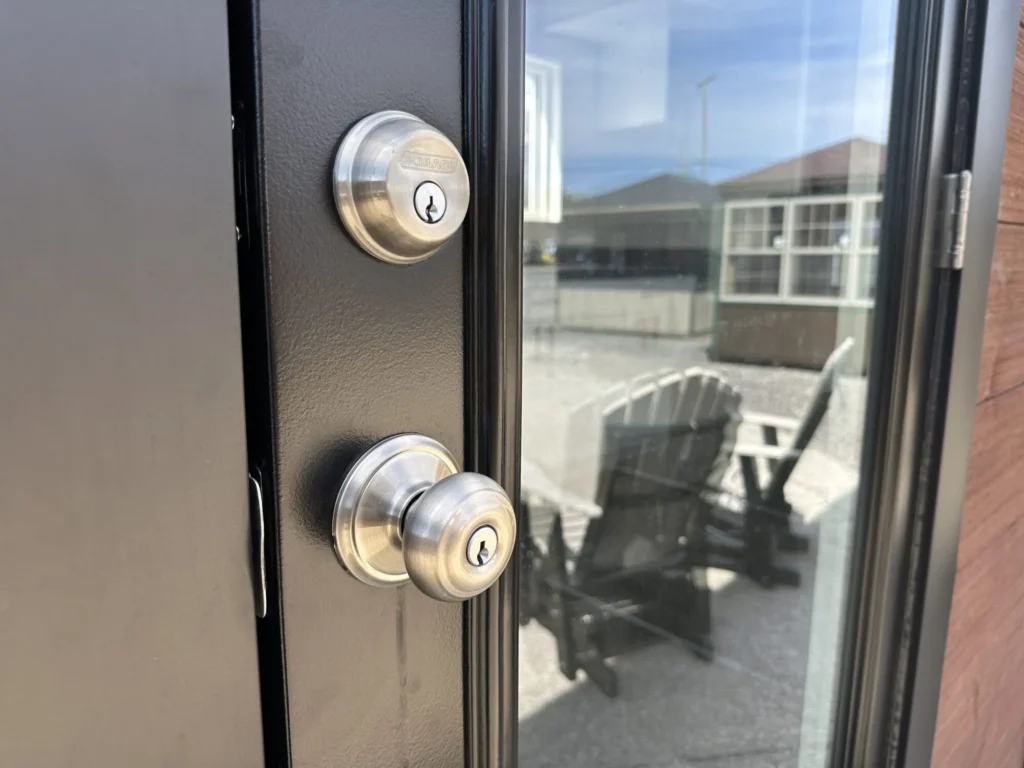
Energy Efficiency
Smaller spaces are naturally easier to heat and cool, leading to significant energy savings. Many tiny homes use energy-efficient appliances, insulation, and solar panels to reduce dependence on the grid. According to the U.S. Department of Energy, compact spaces that prioritize efficiency can dramatically lower energy use compared to larger homes. Reduced consumption not only cuts costs but also supports sustainable living. For eco-conscious homeowners, this is one of the strongest arguments for choosing a tiny home.
Mobility and Flexibility
Another key advantage is mobility. Many tiny homes are built on trailers, allowing owners to move whenever they choose. This mobility appeals to people who work remotely or travel frequently. It also provides flexibility if you need to relocate for work or want to explore new regions without buying multiple properties. Tiny homes on foundations offer stability, while mobile ones add freedom. Either way, the compact design allows for easy placement on smaller plots of land or within tiny home communities.
Reduced Clutter and Simplified Living
Living in a tiny home encourages simplicity. With limited space, you quickly learn to prioritize what truly matters. Many owners describe the process as liberating, freeing them from unnecessary possessions and consumer pressure. The lifestyle fosters mindfulness, creativity, and a sense of control over your environment. Fewer items mean less cleaning and maintenance, which translates into more time to enjoy life. For people seeking a slower pace, tiny living can be deeply rewarding.
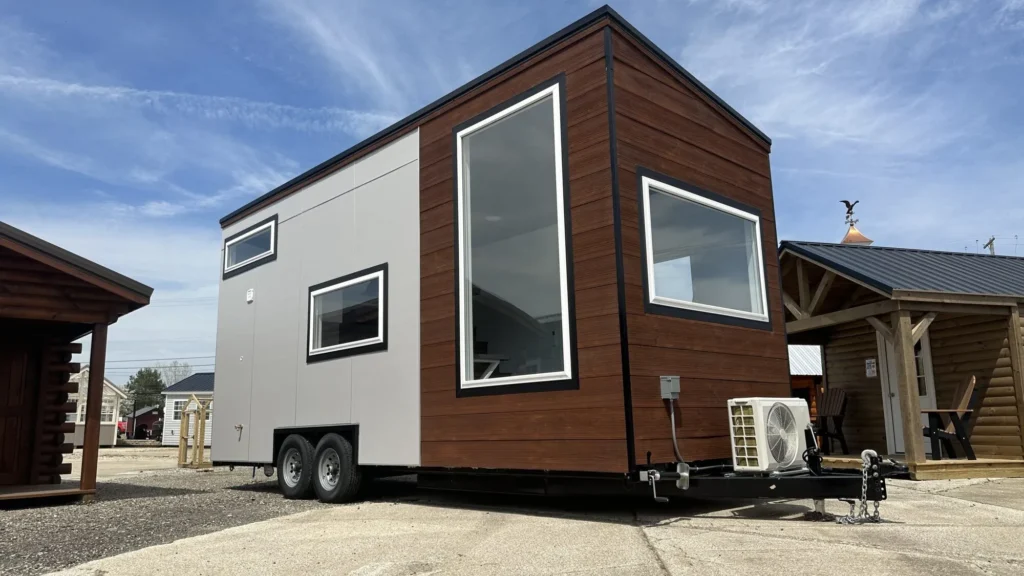
Drawbacks to Consider
Despite the advantages, tiny homes are not ideal for everyone. One of the main challenges is space limitation. While great for minimalists or couples, larger families may struggle with the reduced living area. Storage can also become a problem, especially for hobbies, seasonal gear, or bulky items. Zoning restrictions pose another hurdle. Many areas limit where tiny homes can be placed, particularly mobile ones. Financing and insurance may also be more difficult to secure since some lenders do not classify tiny homes as traditional real estate. These factors can add complexity to an otherwise appealing lifestyle.
Legal and Zoning Issues
Before committing to a tiny home, it’s essential to research local zoning regulations. Some municipalities classify tiny homes as accessory dwelling units (ADUs), while others consider them recreational vehicles. This determines where and how they can be placed. Building codes vary from one jurisdiction to another, affecting foundation type, utilities, and minimum square footage. Our guide on how much do tiny homes cost to build explores these details further. Checking local laws in advance prevents costly mistakes and ensures compliance before construction or purchase.
Resale Value and Long-Term Investment
While traditional homes tend to appreciate over time, tiny homes may not gain value at the same rate. However, they also cost far less upfront, reducing financial risk. Because of their smaller footprint and mobility, resale depends on location, design, and condition. High-quality builds in desirable areas can still attract strong resale interest, especially as the tiny home movement grows. For those who plan to live in their tiny house long-term, the lower ongoing costs often outweigh any concerns about resale value.
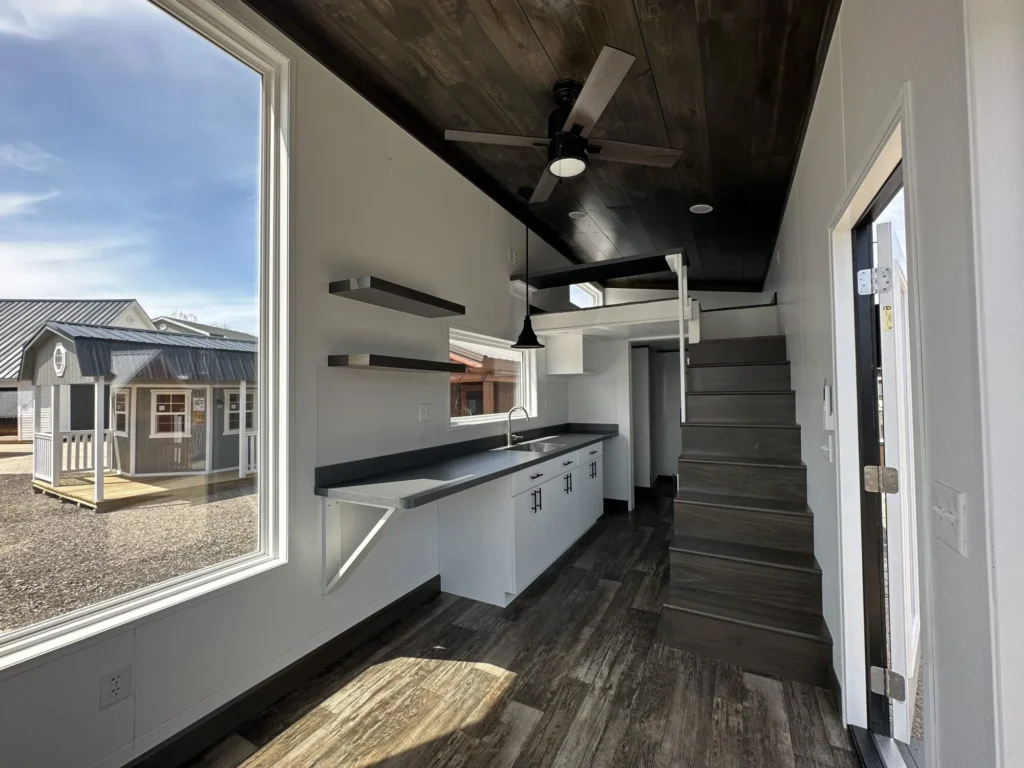
Living Comfort and Lifestyle Adjustment
Transitioning to a tiny home requires adjustment. Shared spaces mean less privacy, and daily routines may need to change. However, thoughtful design and organization can make small living surprisingly comfortable. Many owners adapt quickly, discovering that living in a smaller space promotes closeness, efficiency, and a stronger connection to the outdoors. While it may take time to downsize, the rewards of financial freedom and reduced stress often make the effort worthwhile.
Tiny Homes as Rentals or Investments
For some, tiny homes are not just personal dwellings but income opportunities. Many property owners use tiny homes as rental units, guest houses, or vacation cabins. With rising demand for short-term rentals, well-located tiny homes can generate strong returns on investment. Low construction costs and minimal upkeep make them ideal for adding revenue to an existing property. Even a small collection of rental units can provide steady supplemental income with less risk than traditional real estate ventures.
Community and Connection
Beyond the practical advantages, tiny home living often builds community. Tiny home villages and co-housing developments are appearing across the country, where residents share gardens, workshops, and social spaces. These communities foster connection and shared responsibility while maintaining privacy and independence. For many people, this social aspect adds immeasurable value to the lifestyle. Instead of isolation, tiny homes can create supportive neighborhoods focused on sustainability and cooperation.
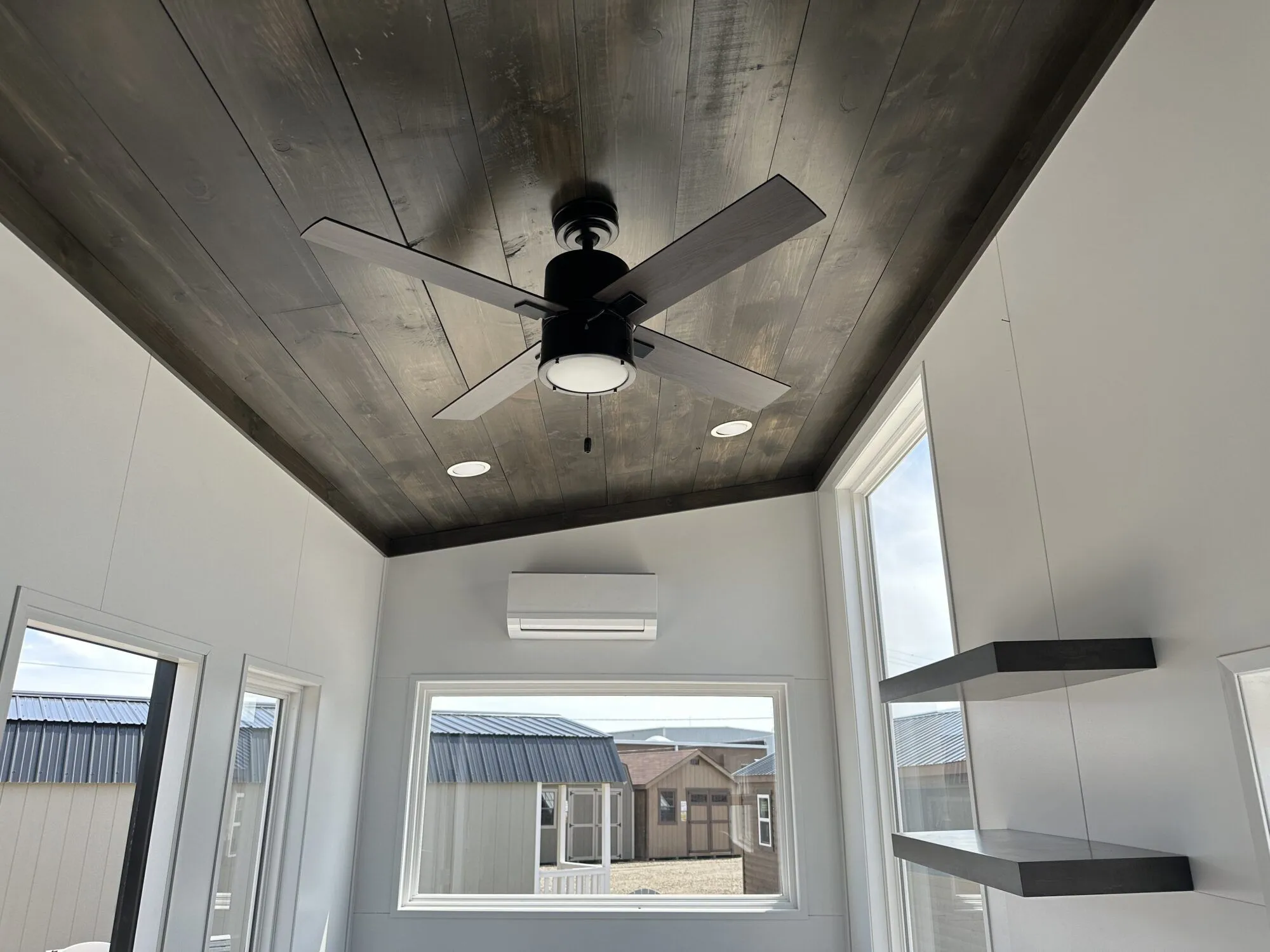
When Tiny Homes Are Worth It
Tiny homes are worth it when your priorities align with the lifestyle they offer. If you value financial freedom, mobility, and minimalism, they can provide immense satisfaction. They also suit retirees, digital nomads, and anyone seeking a simpler life. For those wanting to reduce debt, environmental impact, or daily stress, the benefits are tangible. On the other hand, if you need large spaces, frequent entertaining, or substantial storage, the limitations may outweigh the advantages. Evaluating your needs and expectations helps ensure the investment matches your lifestyle.
Conclusion
So, are tiny homes worth it? For many, the answer is a confident yes. Tiny homes deliver financial savings, energy efficiency, and a sense of freedom that larger houses rarely provide. They encourage intentional living, simplify daily life, and create opportunities for connection. Yet, like any major investment, they require research, planning, and honest self-assessment. If you approach the process with clear goals, a tiny home can be one of the most rewarding decisions you’ll ever make.
To explore beautifully crafted tiny homes and custom designs, visit Ohio Cabins and Structures. If you’re ready to start your project or request a consultation, connect with our team through the contact page today.
